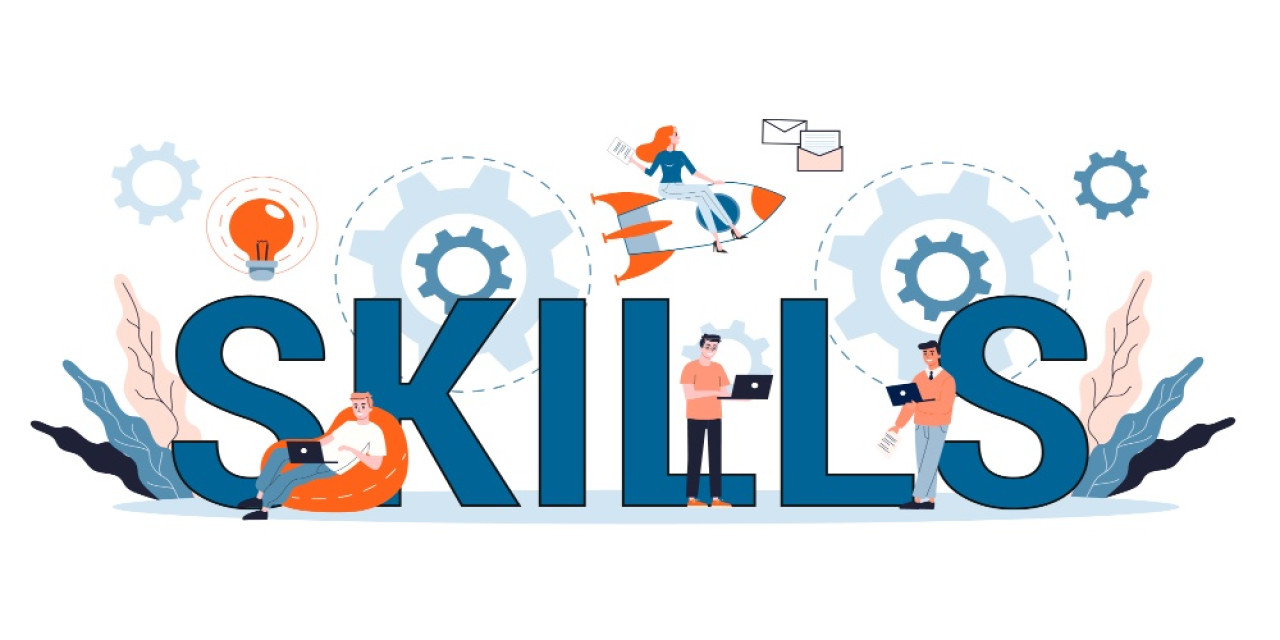
This is to notify you that our website needs cookies for it's full functionality and your best user experience.

16/05/2025

This blog challenges the belief that Class 10 and 12 marks define your future. It explores how real success is shaped by skills, passion, and perseverance—not just exam scores. Whether you’ve topped the class or fallen short, your journey is far from over.

Every year, when board exam results for Classes 10 and 12 are announced, there's a sudden pressure that grips students and families across the country. There's joy for some, but for many, it brings worry, comparison, and self-doubt. But here’s something you need to hear loud and clear: your marks are just numbers, not a definition of your worth or your future. They reflect a moment, not your entire story. The truth is, life opens many doors beyond what your report card shows, and real success is built on passion, persistence, and purpose—not just percentages.
Marks Measure Performance, Not Potential

When you sit for an exam, you’re being tested on a very specific kind of ability: how well you can recall information, understand concepts, and apply them within a tightly structured environment, usually under a time crunch. But life outside the exam hall doesn’t work that way. Your real potential lies in how you think, how you solve problems, how you interact with others, and how you grow through challenges. A student who scores 60% but builds a successful business, creates original art, or becomes a passionate teacher may contribute far more to society than someone who topped the class but lacked drive or empathy. Marks can never fully capture your creativity, your vision, or your grit. And in the long run, those are the traits that truly shape futures.
The World Has Changed, And So Have Career Paths

We’re living in a time when the career landscape is evolving faster than ever. Gone are the days when your future was limited to a few conventional professions. Today, students are building rewarding careers in fields like content creation, graphic design, ethical hacking, digital marketing, game development, and even in fields like YouTube or Instagram influencing. None of these paths require you to have 95% in Physics or Math. They demand skills, creativity, and the courage to take risks. The digital revolution has made it possible for passion and knowledge to earn you both respect and a paycheck. If your marks aren’t ideal but you’re deeply interested in something, that interest can become your superpower—especially if you’re willing to learn, upskill, and stay curious.
Failures Often Lead to Breakthroughs

It's normal to feel down when results don't go your way. But here's the thing: setbacks are often setups for something greater. Many successful people failed before they found their calling. Famous figures like Albert Einstein, Walt Disney, and even Indian icons like Amitabh Bachchan and A.P.J. Abdul Kalam faced early rejections or academic struggles. What separated them wasn’t flawless grades—it was relentless perseverance. Failure can teach you resilience, humility, and determination. It forces you to re-evaluate, rebuild, and rise again. A low score can feel like a roadblock, but with the right mindset, it can become a stepping stone. Don’t fear failure—learn from it. Let it sharpen you instead of stop you.
Your Journey is Uniquely Yours

Comparison is one of the biggest sources of pressure after exam results. It’s easy to look at others and feel like you’re behind. But what we often forget is that life is not a race; it’s a journey with many paths, and everyone moves at a different pace. Some students discover their purpose early, others bloom later. Some need traditional classrooms, while others thrive in practical, hands-on learning. There’s no single formula for success. Your story will be different, and that’s not just okay—it’s beautiful. What matters is that you keep moving forward, even if your steps are small. Embrace your journey, trust your timing, and don’t let anyone else’s timeline define your own.
Skills > Scores

In today’s world, especially in the age of startups and tech disruption, the people who succeed are the ones who do, not just the ones who score well. Companies and industries now value your ability to solve problems, work in teams, think critically, and communicate effectively—skills you can develop with or without high grades. A coder who builds real-world apps, a photographer with a strong portfolio, a marketer with hands-on experience in campaigns—all of them have powerful resumes, even if their board results were average. The good news is, skills can always be learned. Courses, internships, freelancing, volunteering, networking—there are endless ways to grow. Focus on building abilities that the world needs, and you’ll find that your marks become far less relevant.
Final Thoughts
Your 10th and 12th marks are part of your academic record, but they are not your identity. They don’t determine your intelligence, your future success, or your happiness. If you’ve scored well, great—use it as a launchpad. If you haven’t, don’t panic. You still have time, choices, and opportunities. The world is full of stories that began with average marks but ended with extraordinary achievements. So believe in yourself. Learn what excites you. Work on your skills. Stay open to growth. Because in the end, it’s not just your marks—it’s your mindset, your motivation, and your actions that shape the future.